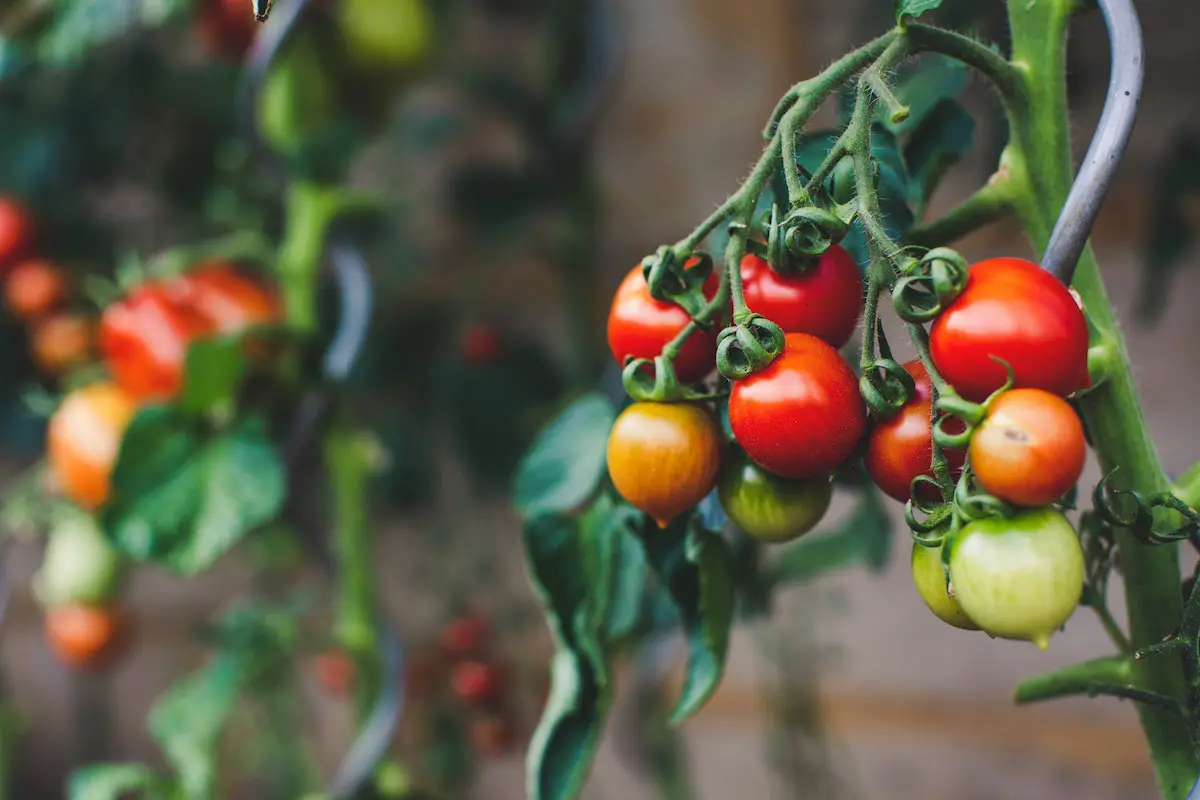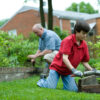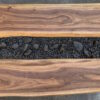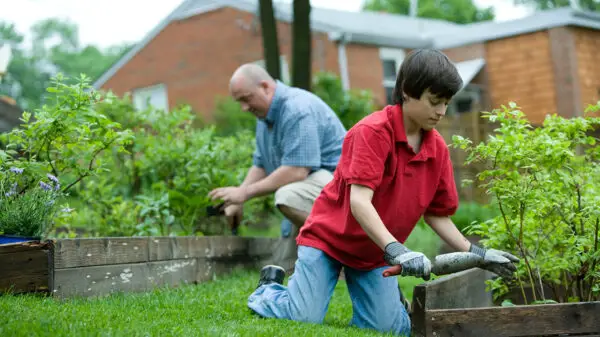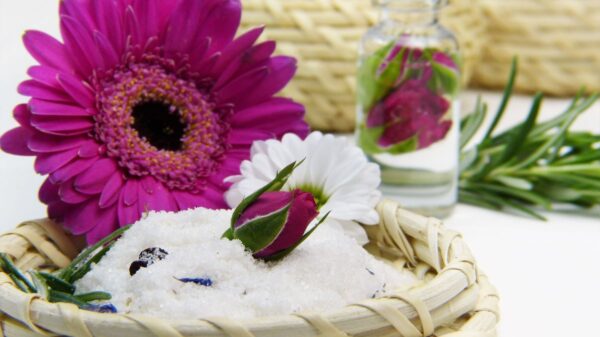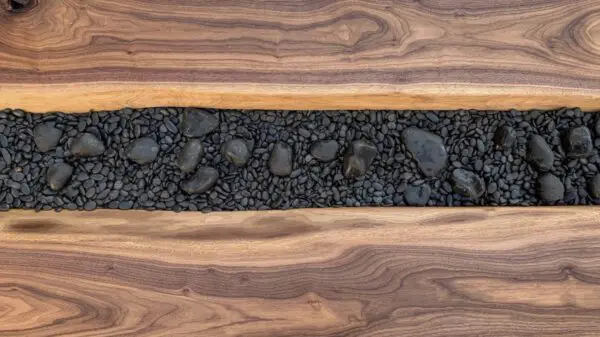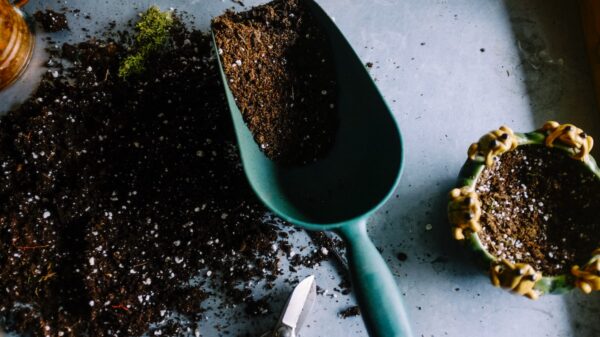Growing your vegetables can be a rewarding experience, but it doesn’t have to be a lot of work. If you’re short on space, there are plenty of easy-to-grow options that will give you a bountiful harvest.
What are the easiest vegetables to grow in a small space? Some of the easiest vegetables to grow in a small space are radishes, lettuce, spinach, tomatoes, carrots, beans, peppers, cucumbers, eggplants, and squash.
No matter what level of gardener you are, there are plenty of vegetables that you can easily grow at home. Get started today and enjoy the fresh produce that you can harvest from your garden.
The 10 Easiest Vegetables to Grow In a Small Space
Some of the easiest vegetables to grow include tomatoes, peppers, squash, and beans. These vegetables are all fairly easy to care for and don’t require a lot of attention. You can also grow a variety of leafy greens, such as lettuce and spinach. These greens are easy to harvest and don’t take up much space. Herbs, such as basil and oregano, are also easy to grow indoors or out.
If you’re looking for a challenge, you can try growing vegetables that are a bit more difficult, such as carrots or potatoes. These vegetables require more attention and care but can be very rewarding to grow.
Here are 10 of the best vegetables to grow in a small space:
1. Radishes
Radishes are one of the quickest-growing vegetables, so they’re perfect for small spaces. They only need about 4 weeks to mature, and they can even be grown in containers. Radishes are one of the quickest and easiest vegetables to grow. They don’t take up much space, and they can be harvested just a month after planting.
2. Lettuce
Lettuce is another fast-growing crop that does well in small spaces. You can even grow it indoors under grow lights. Lettuce is another vegetable that doesn’t need a lot of space. You can even grow lettuce indoors on a windowsill. Lettuce is a cool weather crop, so it’s a great choice for growing in small spaces. You can even grow lettuce indoors! Here are some tips for growing lettuce in small spaces:
- Choose a compact variety of lettuce, such as Buttercrunch or Little Gem.
- Sow the seeds thinly, so you don’t have to thin them out later.
- Keep the soil moist, but not waterlogged.
- Harvest the lettuce when it’s young and tender for the best flavor.
With a little care, you can enjoy fresh, homegrown lettuce all year round!
3. Spinach
Spinach is a versatile leafy green that can be used in salads, sandwiches, and cooked dishes. It’s easy to grow in small spaces, and it doesn’t mind a little crowding.
Spinach is a leafy, green vegetable that is packed with nutrients. It is easy to grow and does not require a lot of space. Spinach can be grown in containers, raised beds, or on the ground. If you are growing spinach in a small space, it is important to choose the right variety of spinach for your space. Some varieties of spinach are more compact than others and will do better in a small space.
4. Tomatoes
Tomatoes are a summer staple, and they can be grown in small spaces. Just make sure to choose a compact variety that is suitable for containers. Tomatoes can be grown in small spaces if you choose the right variety. Look for dwarf or compact varieties that are specifically bred for small gardens. There are few things as satisfying as biting into a juicy, sun-warmed tomato fresh off the vine. And if you don’t have a lot of space, you can still enjoy homegrown tomatoes by growing them in containers.
Tomatoes are one of the most popular vegetables to grow in pots or other containers, and it’s no wonder. They’re relatively easy to grow, and even a small plant can produce a bountiful harvest.
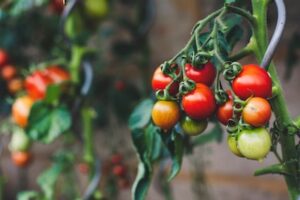
5. Carrots
Carrots are a classic garden vegetable that can be grown in small spaces. All you need is a deep container or raised bed. Carrots are a great vegetable to grow in small spaces because they don’t take up much room and they’re easy to care for.
Carrots are one of the most popular vegetables in home gardens, and they’re also relatively easy to grow. However, they can be a bit tricky when it comes to getting them to germinate and grow evenly.
6. Beans
Beans are a great option for small space gardening. They can be grown in containers or even in hanging baskets. Just make sure they have plenty of support to climb. Beans are another vegetable that doesn’t need a lot of space. You can even grow them vertically on a trellis or fence. Beans are a versatile and easy-to-grow crop that can be planted in a wide range of environments. To grow beans in a small space, start by choosing a variety that is suited to your climate and space constraints. Bush varieties are generally more compact than pole varieties, so they are a good option for small gardens. Once you have selected your variety, prepare your planting area by loosening the soil and adding compost or other organic matter.
7. Peppers
Peppers are another vegetable that does well in small spaces. They can be grown in containers or on the ground. Peppers are another vegetable that does well in small spaces. Choose a compact variety, and you’ll be able to enjoy fresh peppers all summer long. If you love peppers but don’t have a lot of space, don’t worry! If you’re growing peppers in pots, make sure to use a potting mix that’s rich in nutrients. Peppers also like warm weather, so if you live in a colder climate, you may need to provide some additional heat for your plants. Finally, water your peppers regularly. They need about an inch of water per week.
8. Cucumbers
Cucumbers are a refreshing addition to any garden, and they’re easy to grow in small spaces. Just make sure they have plenty of support to climb. Cucumbers can take up a lot of space, but you can still grow them in small areas if you choose the right variety. Look for a compact or bush type that doesn’t need a lot of room to spread out. They are relatively easy to grow and can be cultivated in a small area. When growing cucumbers in a small space, it is important to choose a compact variety that is suited to container gardening.
9. Eggplants
Eggplants are a delicious and versatile vegetable that does well in small spaces. They can be grown in containers or on the ground. Growing eggplant in a small space can be challenging, but it is possible. Eggplant is a heat-loving plant, so you’ll need to make sure your planting area gets plenty of sunlight and has good drainage. Choose a small variety of eggplant that is well-suited for growing in containers or raised beds.
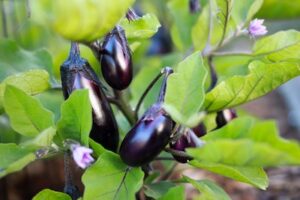
10. Squash
Squash is a versatile vegetable that can be used in many different dishes. It’s easy to grow in small spaces, and it doesn’t mind a little crowding. Squash can be a space-hog, but you can still grow it in small spaces if you choose the right variety. Look for a compact or bush type that doesn’t need a lot of room to spread out.
- Start by planting your squash in hills or mounds. This will help maximize the amount of space you have for planting.
- Make sure to water your plants regularly. Squash need quite a bit of water, so make sure they are getting enough.
- Harvest your squash regularly. This will not only ensure that you get a good crop, but it will also prevent the plants from taking over your small space!
Small Spaces
There are several small spaces where vegetables can be planted, including:
- Flower Pots and Other Containers
- Window Boxes
- Raised Beds
- Hanging Baskets
Each of these has its benefits and drawbacks, so it’s important to choose the right one for your needs. For example, window boxes are great for small spaces, but they may not be big enough to accommodate larger vegetables. Hanging baskets are perfect for herbs and other small plants, but they won’t work well for larger vegetables.
When choosing a type of small space to plant your vegetables, it’s important to consider the amount of sun and water the area gets, as well as the type of soil. These factors will affect what kind of vegetables you can grow, and how well they will do.
If you’re not sure what type of small space is right for you, ask a local gardener or nursery for advice. They can help you choose the perfect spot to grow your veggies!
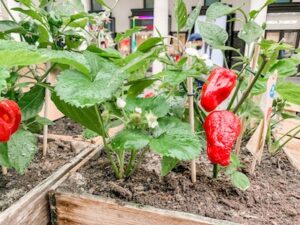
Final Tips for Small Spaces
If you live in a small space, you may think that growing your vegetables is out of the question. But with a little creativity and planning, you can easily grow a bountiful vegetable garden in even the smallest of spaces. Here are some tips to get you started.
Choose the Right Plants
Not all vegetables are well suited for small-space gardening. Look for varieties that are compact and don’t require a lot of space to spread out. Some good options include bush beans, cherry tomatoes, and salad greens.
Plan Your Garden Layout Carefully
Make sure you leave enough room between plants so that they can get the sunlight and air circulation they need to thrive.
Use Containers
If you don’t have any extra space in your yard, you can grow vegetables in containers on your porch or balcony. Just make sure to choose containers that are the appropriate size for the plants you want to grow.
Keep Up With Maintenance
Smaller gardens require more frequent care than larger ones, so be prepared to water and weed regularly. With a little effort, you can enjoy fresh, homegrown vegetables even if you don’t have a lot of space to work with.


